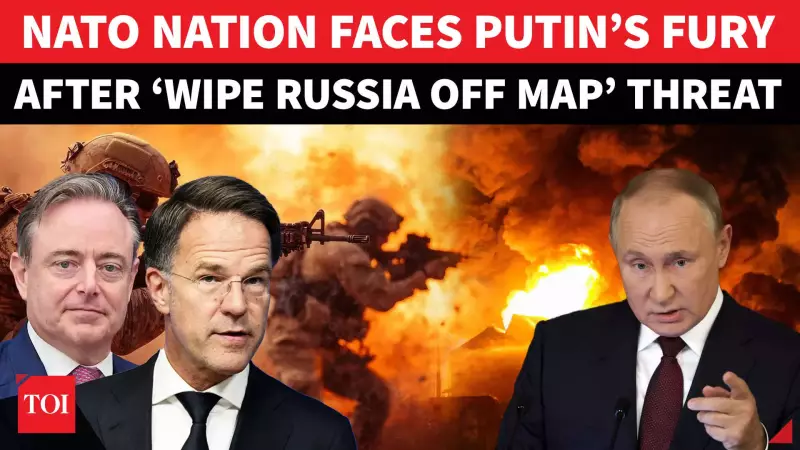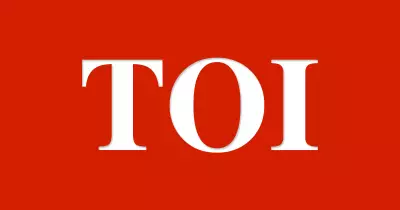
In a dramatic escalation of diplomatic tensions, Russia has launched a scathing counterattack against NATO member Belgium following provocative comments from Belgian Prime Minister Alexander De Croo about nuclear capabilities. The confrontation marks one of the most serious verbal exchanges between Moscow and the Western military alliance in recent months.
Fiery Exchange Rocks International Diplomacy
Russian Deputy Foreign Minister Alexander Grushko delivered Moscow's stern response, warning that any attempt to "wipe Russia off the map" would trigger catastrophic consequences. The high-ranking official emphasized that such rhetoric from NATO leadership demonstrates a dangerous escalation in war-mongering behavior.
"This isn't just political posturing—it's the most significant war threat we've seen in recent diplomatic history," Grushko stated during his address to Russian media outlets.
Belgium's Provocative Statement
The controversy erupted when Prime Minister De Croo suggested that Western nuclear weapons could potentially be used against Russian targets if Moscow continued its military operations in Ukraine. This marked one of the most explicit nuclear threats from a NATO country since the beginning of the Ukraine conflict.
Russian officials interpreted the Belgian leader's words as a direct challenge to Moscow's sovereignty and territorial integrity, prompting the immediate and forceful response from the Kremlin's diplomatic corps.
Regional Security Implications
The tense exchange between Russia and Belgium has sent shockwaves through European security circles, with analysts concerned about the potential for further escalation. The incident highlights the fragile state of Russia-NATO relations and the increasing frequency of nuclear rhetoric in international discourse.
Security experts note that while both sides have engaged in similar exchanges previously, the specific language used in this confrontation represents a significant intensification of hostilities at the diplomatic level.
As the situation continues to develop, international observers are watching closely to see whether this war of words will lead to concrete policy changes or remain confined to diplomatic channels. The exchange serves as another reminder of the heightened global tensions surrounding the ongoing conflict in Ukraine and its broader implications for European security architecture.





